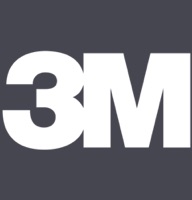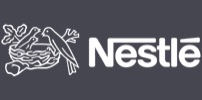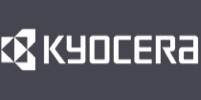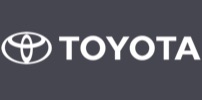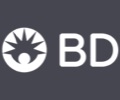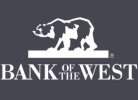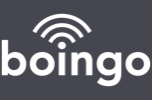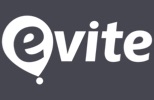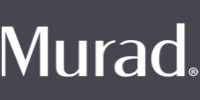As the digitalization of business models continues, we know it can be challenging to centralize large streams of data between your systems and applications. Companies operate on multiple platforms, each with its own applications running simultaneously. It is vital to organize all this data, not only for efficiency, but for enterprises analytics and insights.
Moreover, integrating new Platform as a Service (PaaS) and Software as a Service (SaaS) initiatives with a mix of Cloud and on-premise applications can be daunting for internal teams to handle alone. Our team is experienced in cross-platform integration, from on-premise to Cloud and everything in between.
As there are several middleware solutions and data integration solutions in place, Apolis helps customers assess various integration needs and advise the right integration solutions.
- Oracle Integration Cloud - OIC
- Oracle Fusion Middleware/SOA
- Dell Boomi
- EDI
- FTP
Oracle Integration Cloud
Oracle Integration Cloud Service (OIC) is a cloud-based integration application designed to perform integrations between cloud-based applications – but also has capabilities that extend beyond that, to performing integrations with your on-premises applications.
Features:
- Application Integration
- Business Process Automation
- Enterprise Service Bus
- Business to Business
- Data Stream Analytics
- Visual app builder for mobile and web apps in minutes
- Machine-learning recommendations for easy data mapping
- Process automation with drag-and-drop designers
- Application adapters for any ERP, human capital management (HCM), and customer experience (CX) solution.
Oracle Fusion Middleware – SOA
Advanced service-oriented integration puts the control in your hands with an enterprise service bus (ESB), managed file transfer (MFT), business-to-business capabilities (EDI and more), and analytics. Available in the cloud, on premises, or both. The choice is yours.
Features:
- Enterprise service bus (ESB)
- BPEL and BPMN
- Application Adapters
- Business Rules
- Service Visualization
- B2B Capabilities for EDI and more
- Reporting and Dashboards
Dell Boomi
Build the smarter path faster by harnessing the power of the cloud combined with Boomi’s pervasive intelligence to unify everything inside and outside of an enterprise environment. Organizations are liberated from the shackles of legacy technology with the agility to lead the future. Boomi, the industry's leading Integration Platform as a Service (iPaaS), provides a cloud-native, high productivity integration solution that easily and cost effectively supports all your application and data integration needs, across your hybrid IT landscape.
Features:
Connect
Boomi connects existing systems and assets, allowing information and innovations to flow seamlessly across your digital ecosystem.
Transform
Boomi helps you improve collaboration, increase engagement, and become agile with automation. Let's reinvent the way you work by transforming your workflow and processes.
Modernize
Boomi helps you move faster and cut costs by eliminating old, brittle technology and building a modern IT foundation. By modernizing technology infrastructure, you can operate faster, while removing the expensive upgrade cycles of legacy software.
Create
Boomi helps you create new products, design new experiences, and invent business models. Now you can develop lightweight, cloud-native applications to solve new challenges.
EDI

Electronic data interchange is the concept of businesses electronically communicating information that was traditionally communicated on paper, such as purchase orders and invoices. Technical standards for EDI exist to facilitate parties transacting such instruments without having to make special arrangements.
FTP

The File Transfer Protocol is a standard network protocol used for the transfer of computer files between a client and server on a computer network. FTP is built on a client-server model architecture using separate control and data connections between the client and the server. A protocol is a set of rules that networked computers use to talk to one another. And FTP is the language that computers on a TCP/IP network (such as the internet) use to transfer files to and from each other.
Case Studies
How Can We Help You?
Send us a message and one of our representatives will contact you within one business day.
Clients
